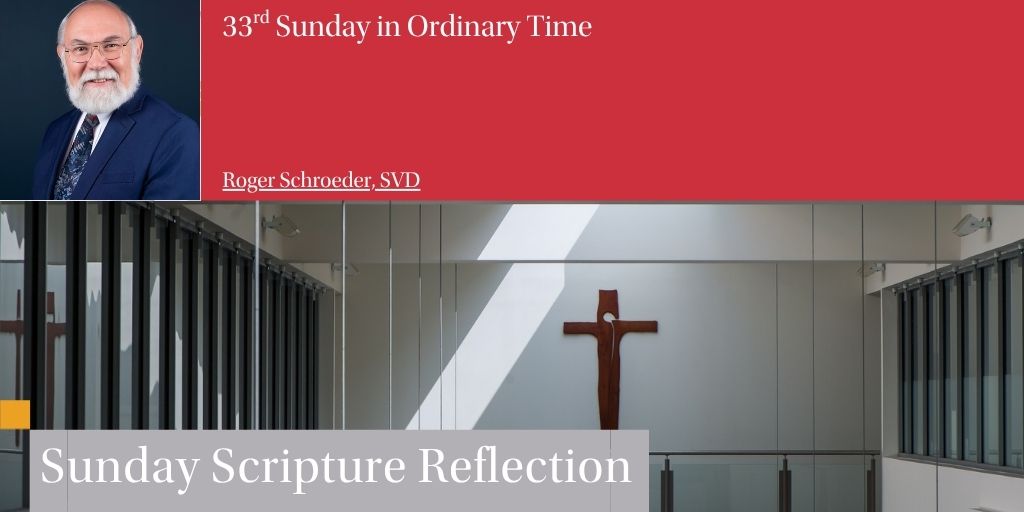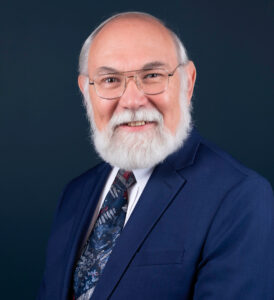

Readings:
Malachi 3:19-20a
Psalm 98:5-6, 7-8, 9
2 Thessalonians 3:7-12
Luke 21:5-19
As we move toward the end of the liturgical year, our Sunday readings include themes of God’s judgment and the “end times.” The first reading is from Malachi, the last book of the Old Testament (Hebrew Scriptures) in the Christian bible. Earlier in this chapter of Malachi, the prophet denounces the indifference and injustice of his context, condemning “those who oppress the hired workers in their wages, the widow and the orphan, . . . [or who] thrust aside the alien” (Malachi 3:5). God’s judgment will come like a blazing fire against the proud and evil doers. However, at the same time, there will be “the sun of justice with its healing rays” (Malachi 3:20b). The prophet’s vision of “God’s judgment as a great cleansing fire, while perhaps disturbing, is an effort to express God’s passionate desire to right what has gone wrong in the world he [God] has created.”[1]
In response to questions about the last days, Jesus in today’s gospel passage talks about wars, earthquakes, famines and plagues and Jesus adds that before all this chaos, there will be suffering and challenges (even from our family). However, the last word is one of assurance, paralleling Malachi’s “the sun of justice with its healing rays.” “Not a hair on your head will be destroyed” (Lk 21:18). This phrase is sandwiched between the two key virtues of faith and endurance. God will give us the words to speak in the face of our persecutions and crisis moments (Lk 21:15), and “by your perseverance you will secure your lives” (Lk 21:19). Regarding the former, I have found it reassuring to pray for the right words (or silence) before entering into a difficult conversation or encounter. I want to expand more on the second virtue of perseverance.
Over forty years ago, CTU was invited into a relationship with a Native American Lakota extended family through one of the seven Lakota sacred rituals called “hunka” (“making of relatives”) — making non-Lakota persons members of a family. This was done between Tillie Black Bear, founder of a center for victims of domestic violence on the Rose Bud reservation, and Claude-Marie Barbour, a French Presbyterian minister, CTU faculty member, and head of the “Chicago family.” Although Tillie died in 2014 and Claude-Marie has not been back to the reservation since around 2012, the relationship continues since it is between families and not individuals. I first visited the Lakota family in 1991 and have continued to lead CTU students and others on immersion experiences to two Lakota reservations in South Dakota. Relationships of mutual respect, trust, and healing have developed over the years. During our visit last month, we again were deeply touched by the stories of perseverance and resiliency by individuals and communities who continue to strive to live lives of dignity, hope, inclusiveness, and integrity in the face of past and present prejudice, injustice, suffering, violence, and hardship. Our Lakota friends constantly emphasized the importance of prayer and trust in the Great Spirit of God.
Like those who receive the prophetic words and witness of Malachi and Jesus, the Lakota people are assured that God has not forgotten them and that God is accompanying them in their trials and challenges today. We are also reminded of the promise of God to bring “the sun of justice with its healing rays” (Malachi 3:20b), and that by our perseverance we will secure our lives.
Roger Schroeder, SVD
Louis J. Luzbetak, SVD Chair of Mission and Culture
[1] Deacon J. Peter Nixon, “The Sun of Justice,” Give Us This Day (November 2025),169.